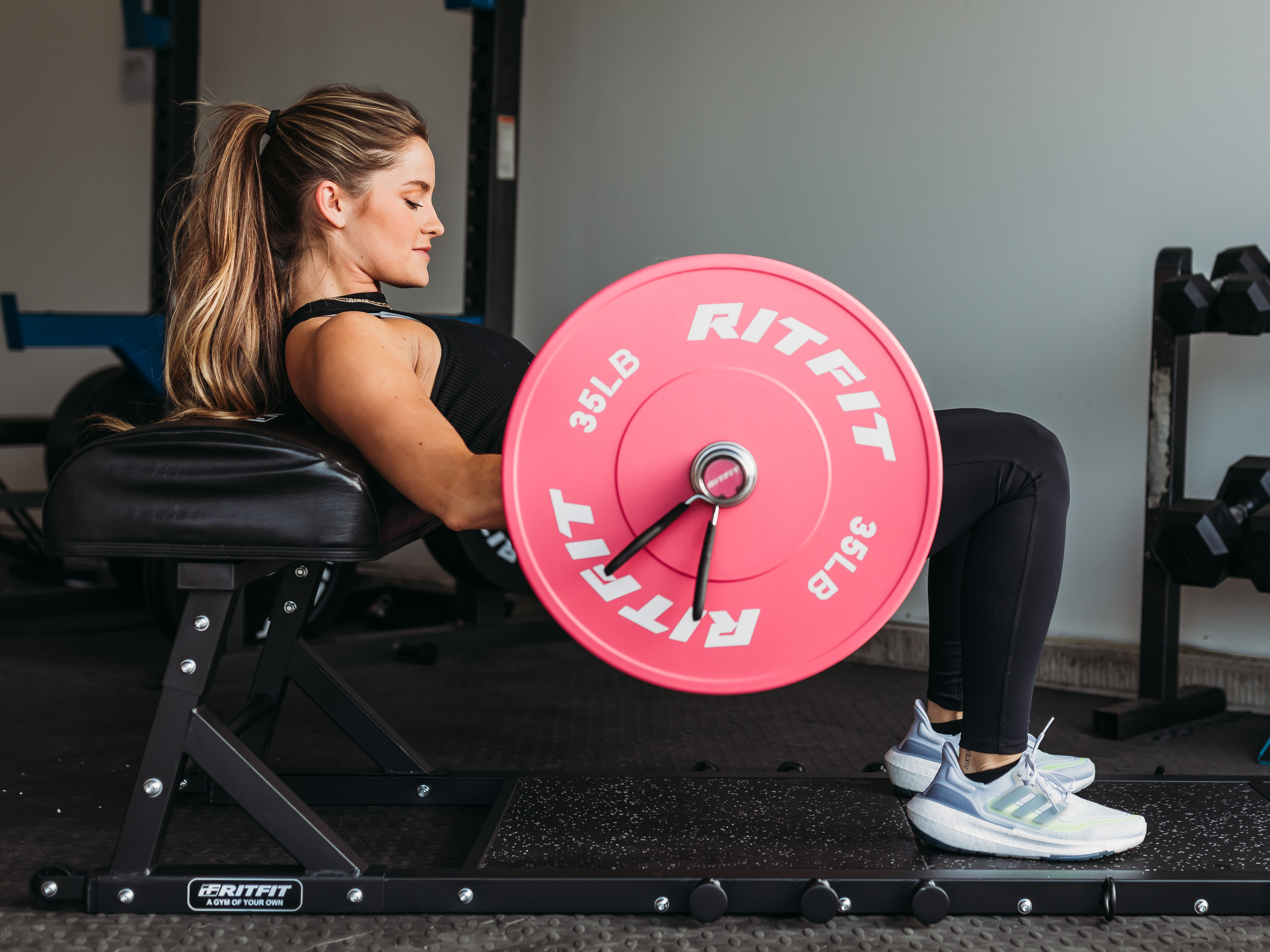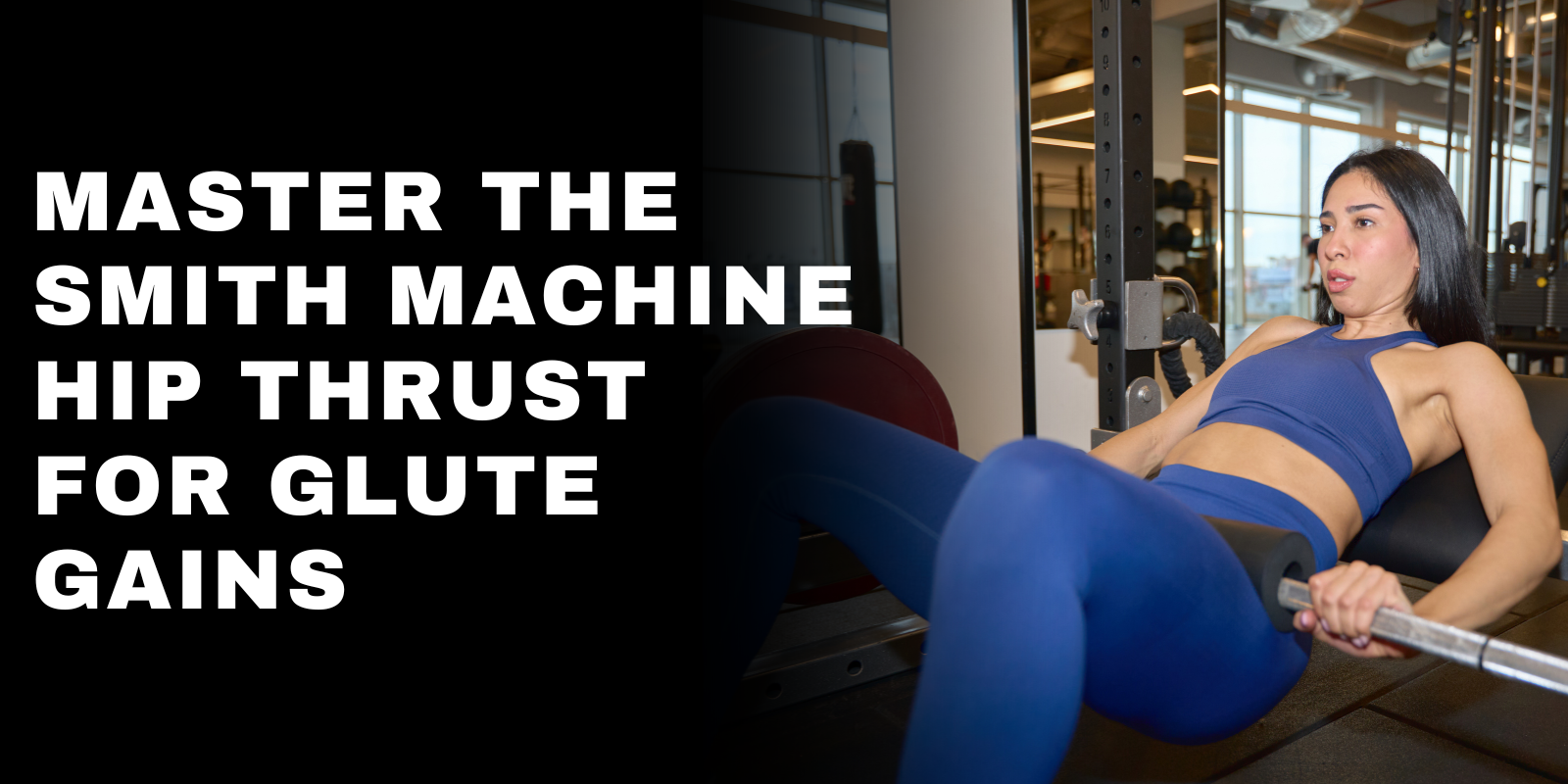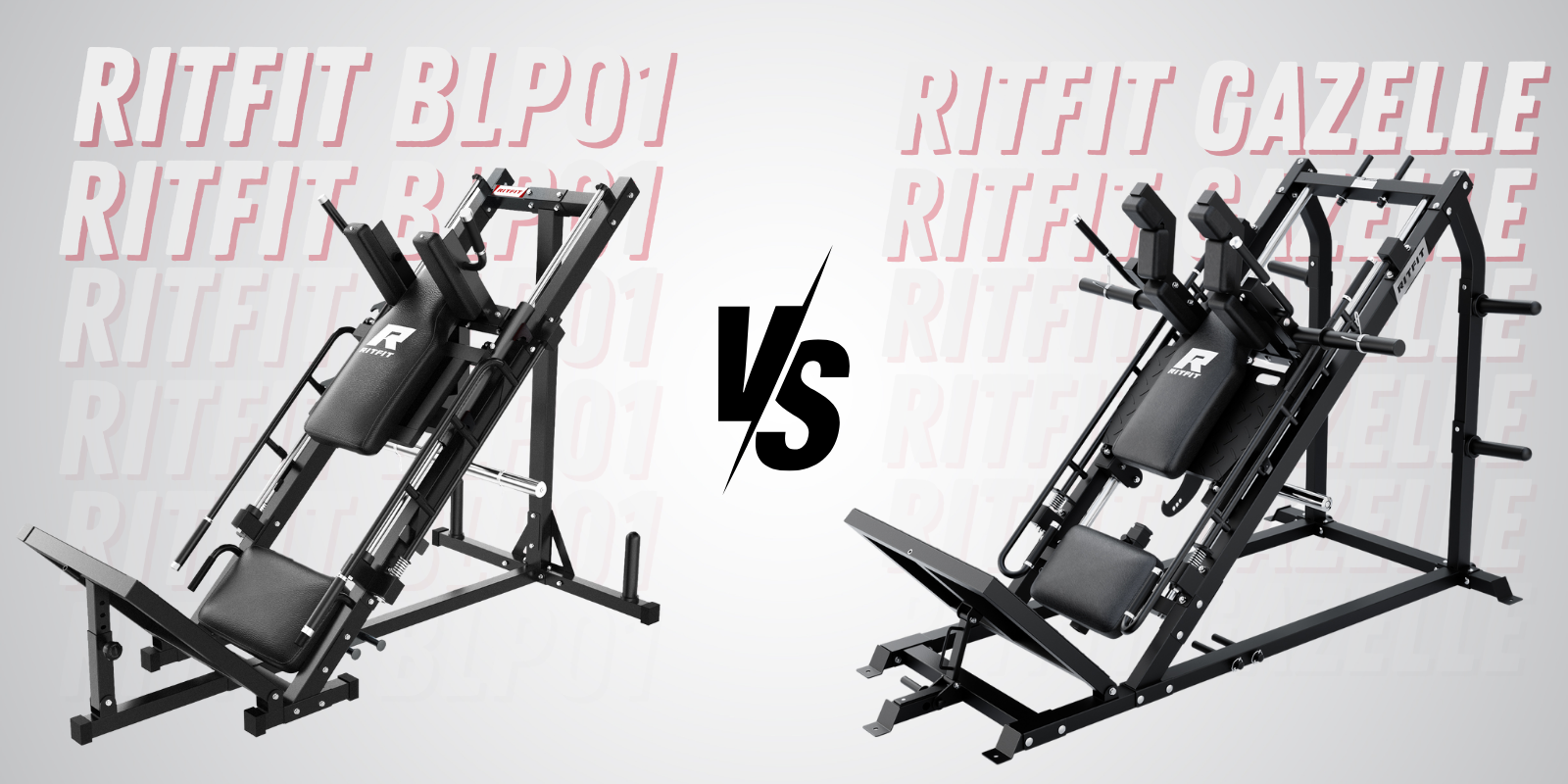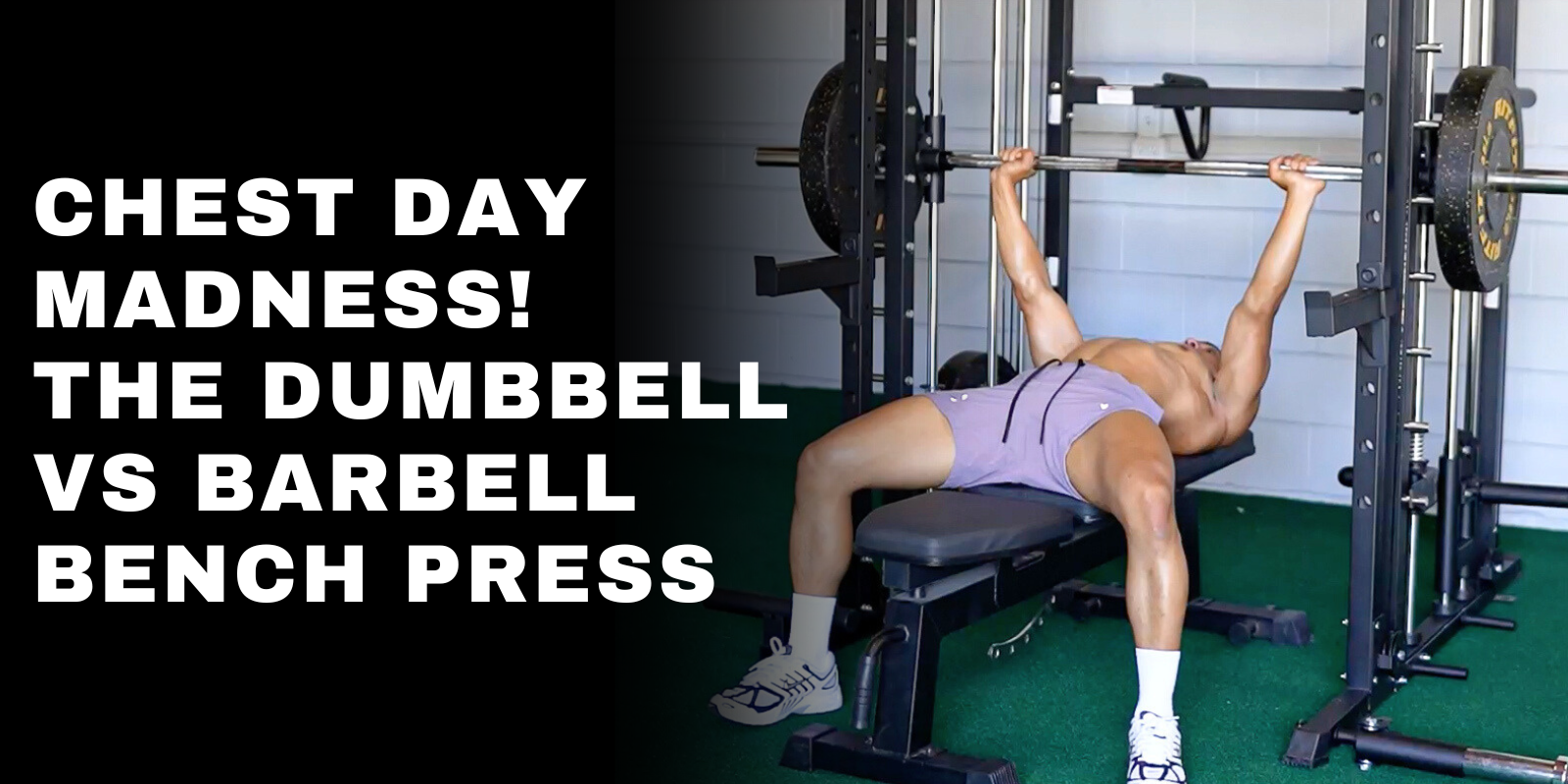For Paralympic athletes with a leg impairment, a lower limb affected by limb deficiency, or athletes going through rehabilitation after an injury or accident, there are many questions related to training. A few of these involve how to either take their athletic performance to the next level or how to get back to where they left off before the injury or accident occurred.
When it comes to Paralympic athletic performance or just general strength and conditioning for more casual athletes recovering from injury, a common follow-up question usually relates to one of the most important compound exercises of all, “the king of exercise”…
…the squat.
Specifically, in a match-up of the Smith Machine vs squat rack: which should we choose to effectively perform our most important lower-body exercises?

Paralympic athletes in particular face some challenges that others overlook. They’re engaged in serious training, on par with that of able-bodied Olympic athletes. One example of this: the physical impairments experienced by Paralympic world record holders do not appear to compromise bench press strength compared with able-bodied athletes. Indeed, Paralympic world record holders often possess greater relative and absolute strength than their able-bodied counterparts (van den Hoek, et. Al., 2023).
Lower-extremity impaired Paralympic athletes working to take their training to the next level have most likely already worked with a Smith Machine for exercises like the squat. They have already solved the Smith Machine vs squat rack question.
For Paralympic athletes in general, the reasons for this come down to the advantages and disadvantages of the Smith Machine vs squat rack, in conjunction with an assessment of the athlete’s individual needs, training goals and safety risks while performing the squatting movement.
Smith Machine vs squat rack for Paralympic athletes
Paralympic athletes comprise three distinct categories: physically impaired, visually impaired and intellectually impaired. Within each group there are further classifications to help ensure fair competition.
For this Smith Machine vs squat rack discussion we will focus on one of the more well-known types of Paralympic athlete: those with a leg impairment or a lower limb affected by limb deficiency who rely on a prosthetic for both their training and day-to-day life.
By far the biggest difficulty the Paralympic athlete faces when it comes to general movement is balance. When working to improve squat-related strength without their prosthetic, the Paralympic athlete will immediately encounter the main drawback of the squat rack – how to balance the bar safely.
Exercise machines such as the Smith Machine are easier to use by beginners and those with injuries in the early to mid-stages of rehabilitation protocols as they are easier to control, require less trainer supervision compared to free weight squats and expose the exerciser to lower overall injury risk (Haff, 2000).
The Smith Machine came into being in the US in the 1950s when Jack LaLanne created the initial concept. His design, which featured a barbell fixed onto a pair of upright steel guide bars, was then improved by an engineer, Paul Martin, and popularized by LA gym owner, Rudy Smith.
Our M1 Smith Machine combines the full functionality of a power cage, a prominent heavy duty Smith attachment and an advanced cable system along with an integrated storage feature. A key addition to the home gym of Paralympic and able-bodied lifter alike.
For our Paralympic athlete, their Smith Machine vs squat rack decision will rest on the following factors:
Smith Machine: Pros & Cons for Paralympic athletes
|
Criteria |
Smith Machine - Pros |
Smith Machine - Cons |
|
Safety |
Built-in safety mechanisms minimize injury risk |
May impede more natural movement pattern of the Paralympic athlete |
|
Stability |
Guided barbell path helps to provide adequate stability |
Stabilizing muscles are not engaged to the same extent |
|
Range of Motion |
Ensures consistent technique and reduces injury risk |
N/A |
|
Functional Strength |
N/A |
Less development of functional strength |
|
Versatility |
N/A |
Limited to exercises within fixed bar path |
|
Learning Curve |
Easier for beginners to learn correct technique |
N/A |
|
Customization |
Can be utilized for a range of exercises within the fixed bar path |
Less ability to customize when compared to free weight squat |

As we can see, our Paralympic athlete will immediately recognize the value provided by the Smith Machine. It is safer for athletes with balance issues, or who rely on prosthetics.
The range of motion allowed for the bar is much lower than with a free weight squat. For able-bodied athletes, this would be rated as a net negative. However, for our Paralympic athlete this will be a key benefit.
And for able-bodied lifters in rehabilitation after an injury or accident, the flat learning curve is a major advantage.
It is true that our Paralympic athlete would rate the lower ability to work on functional strength as an important disadvantage. Yet able-bodied athletes likely have a different set of goals, and recovery from their injury would be more important than posting new personal best squats.
Squat racks: Pros & Cons for Paralympic athletes
|
Criteria |
Squat Rack - Pros |
Squat Rack - Cons |
|
Safety |
Safety bars can be used |
Higher risk of injury without proper technique or spotter |
|
Stability |
Builds stability and balance |
Requires more balance and stability than our Paralympic athlete might have |
|
Range of Motion |
Allows for natural movement patterns |
N/A |
|
Functional Strength |
Engages stabilizing muscles, promoting functional strength |
N/A |
|
Versatility |
Wide range of exercises possible |
Requires more supervision and training |
|
Learning Curve |
Much more difficult to perfect technique |
Will be challenging for beginner lifters |
|
Customization |
Highly customizable with different bars and accessories |
N/A |

At this point in our analysis, the answer to our Smith Machine vs squat rack question is starting to become more clear. Our Paralympic athlete faces clear difficulties with the squat rack setup.
First off, while it is true that safety bars can be used to mitigate some of the risk, our Paralympic athlete will still face balance issues. Even though a spotter can be called on to assist when necessary, spotters are not always available.
Additionally, although a prosthetic could be utilized during a free weight squat, this technology is highly balanced according to the unique characteristics and weight of the Paralympic athlete. Prosthetics manufacturers often warn against using the device with heavy weight.
Summary
It’s clear that there’s only one answer when it comes to the Smith Machine vs squat rack debate. From almost all angles the Smith Machine is the better option for many Paralympic athletes and able-bodied lifters alike.
Smith Machines offer real opportunities for those recovering from injury and looking for a way to fast-track their rehabilitation. And for Paralympic athletes they gain the ability to train the squat more safely and as effectively as possible.
References
Haff, G. (2000). Roundtable discussion: machines versus free weights. Strength & Conditioning Journal, 22 (6): 18.
Van den Hoek, D., Garrett, J., Howells, R., Latella, C. (2023). Paralympians are stronger than you know: A comparison of para and nondisabled powerlifting bench press world records. Journal of Strength and Conditioning Research 37 (2): 452-456.








